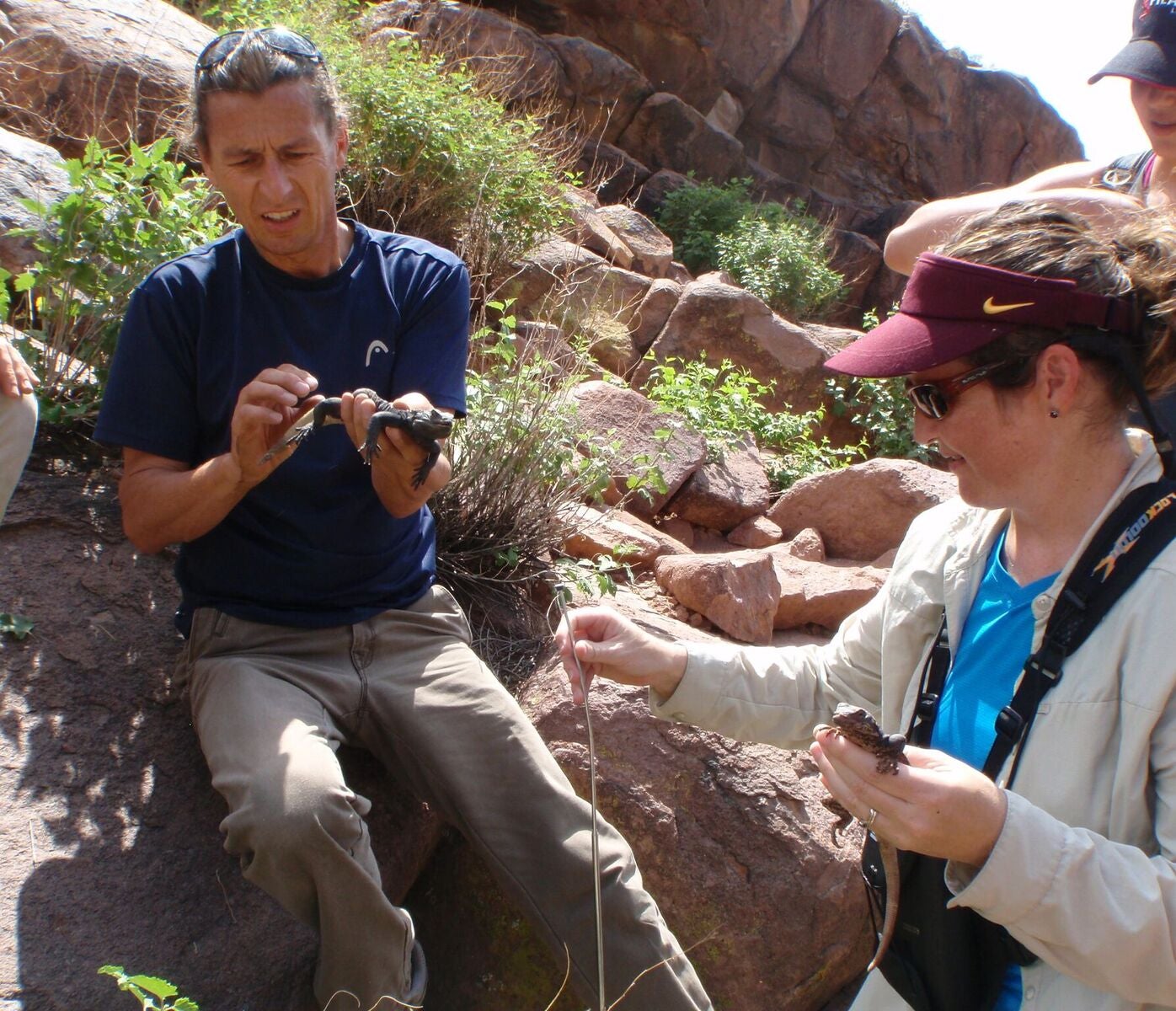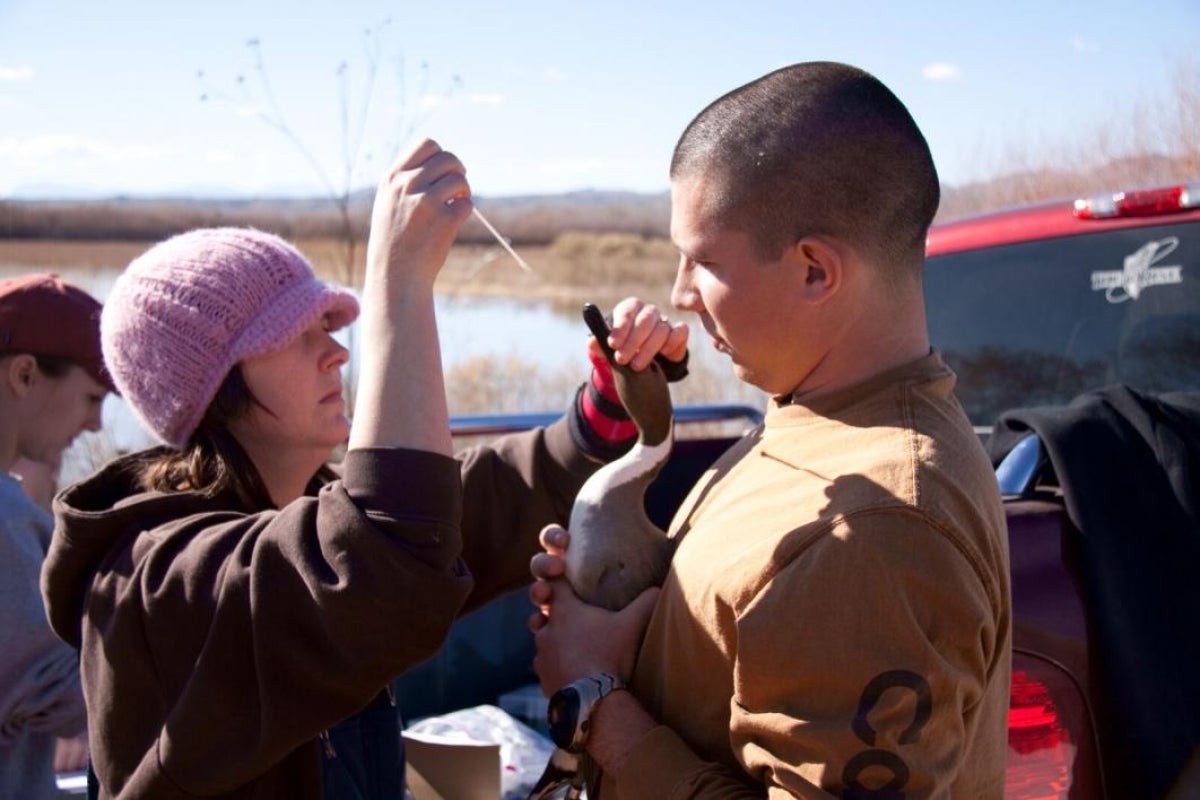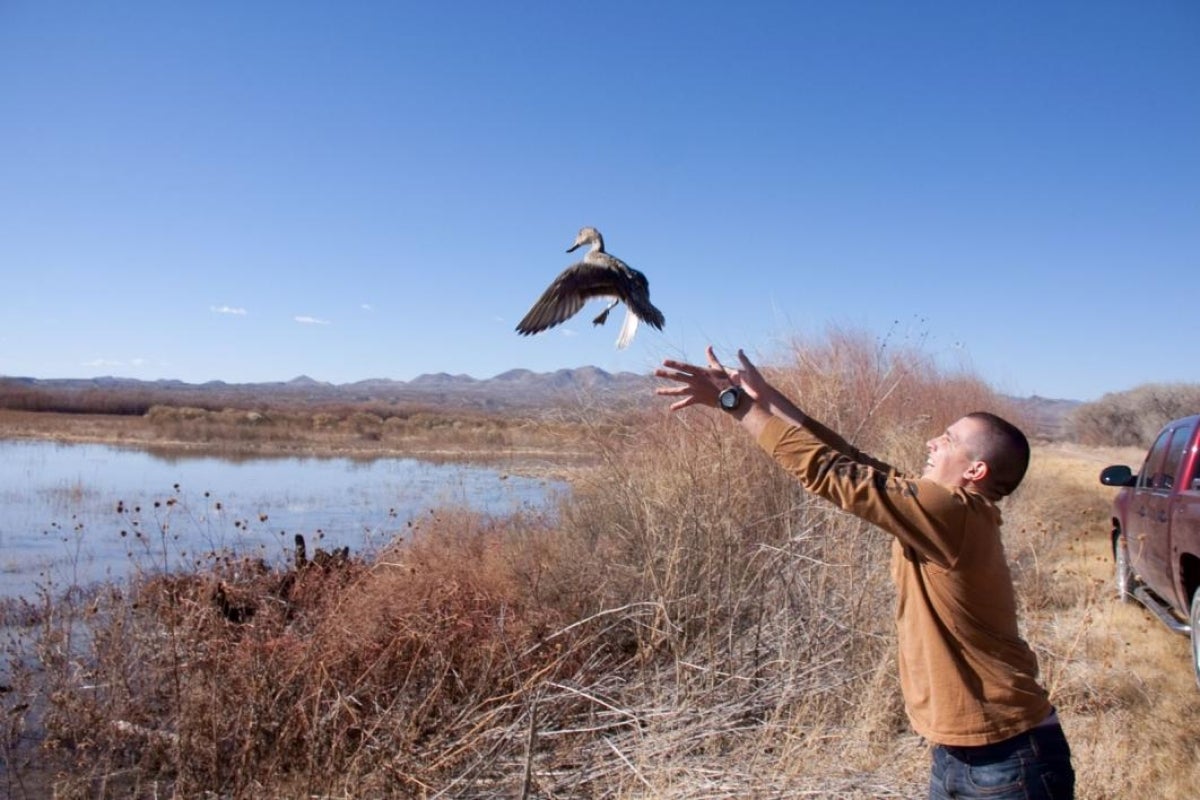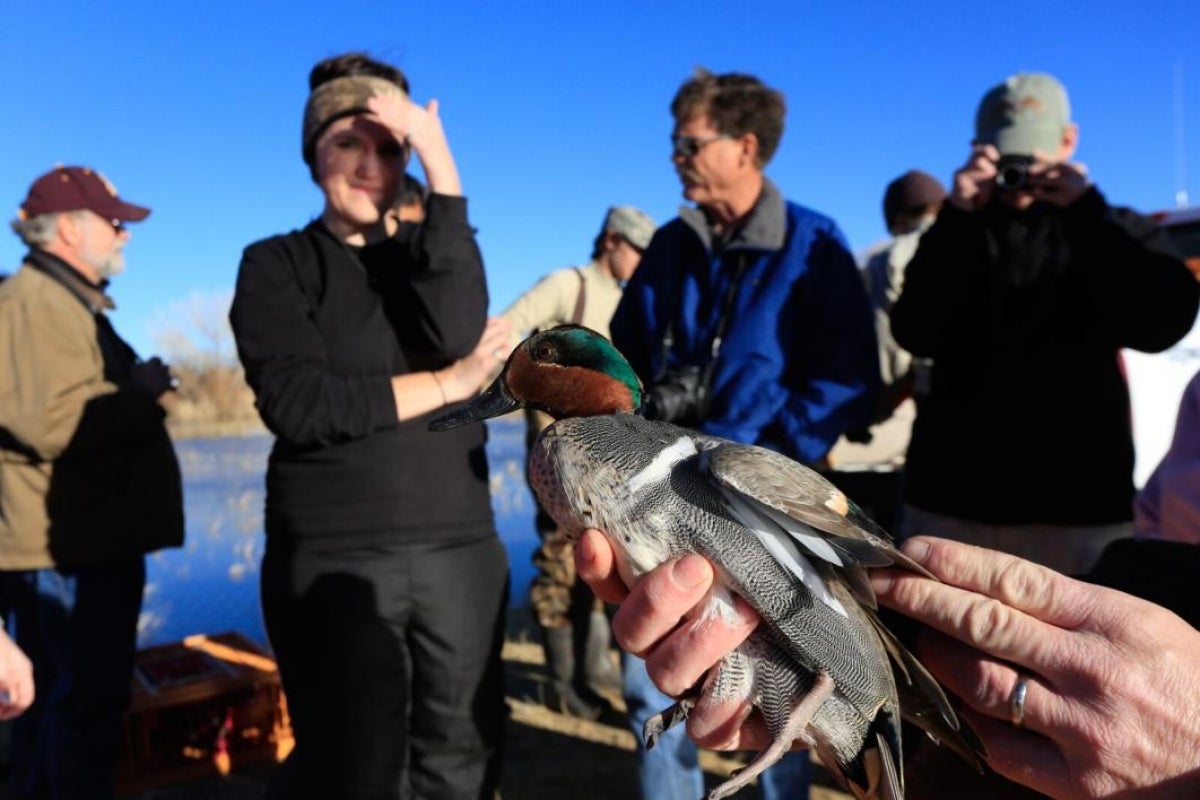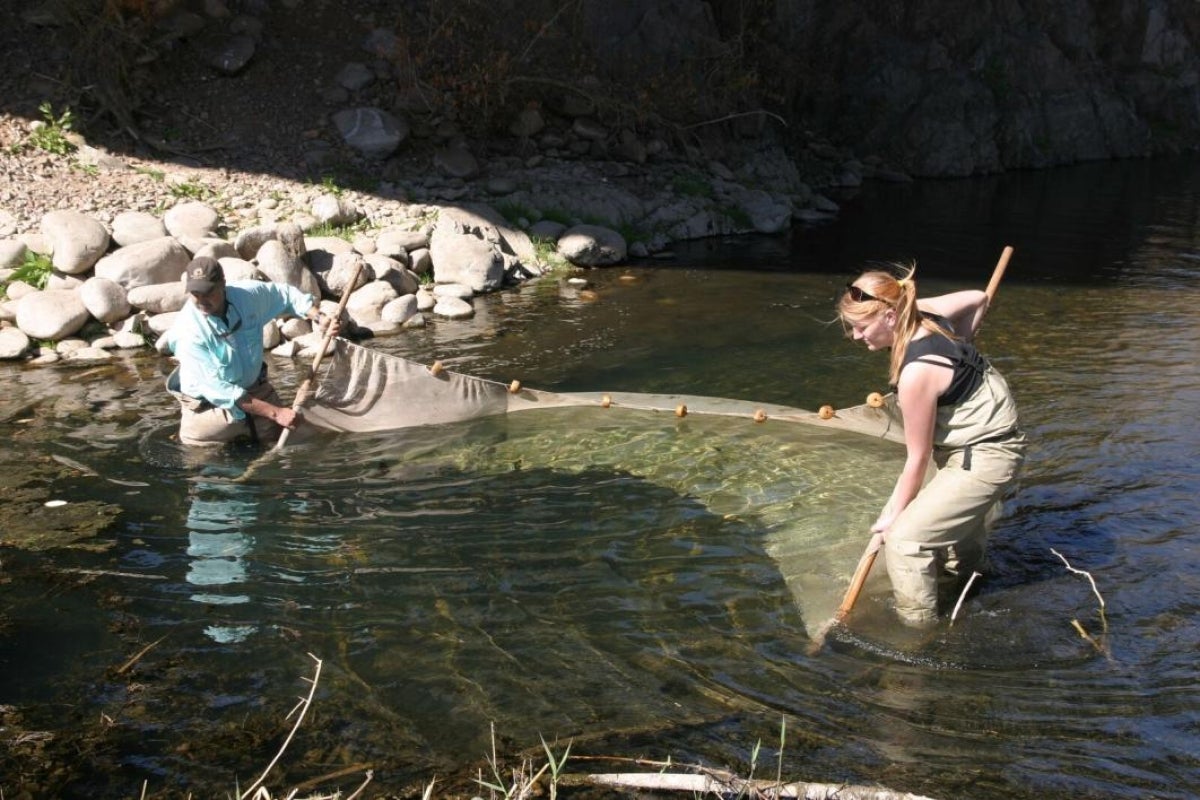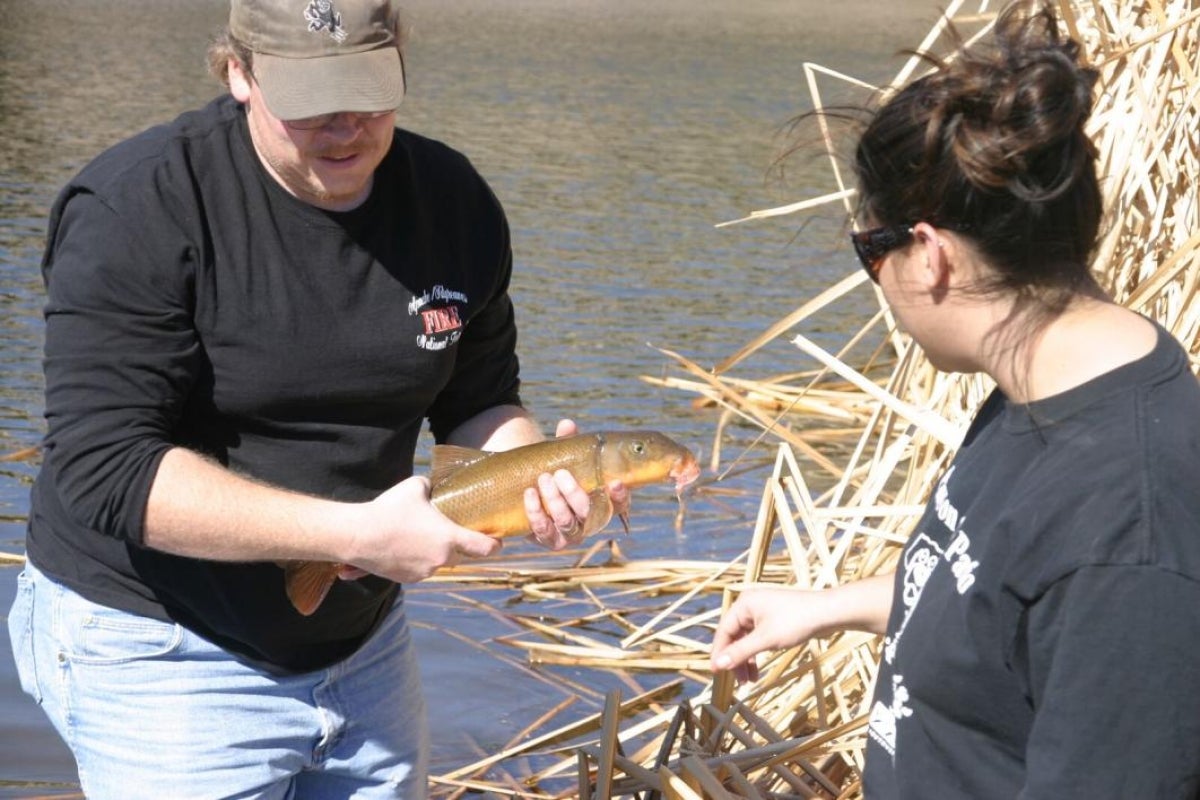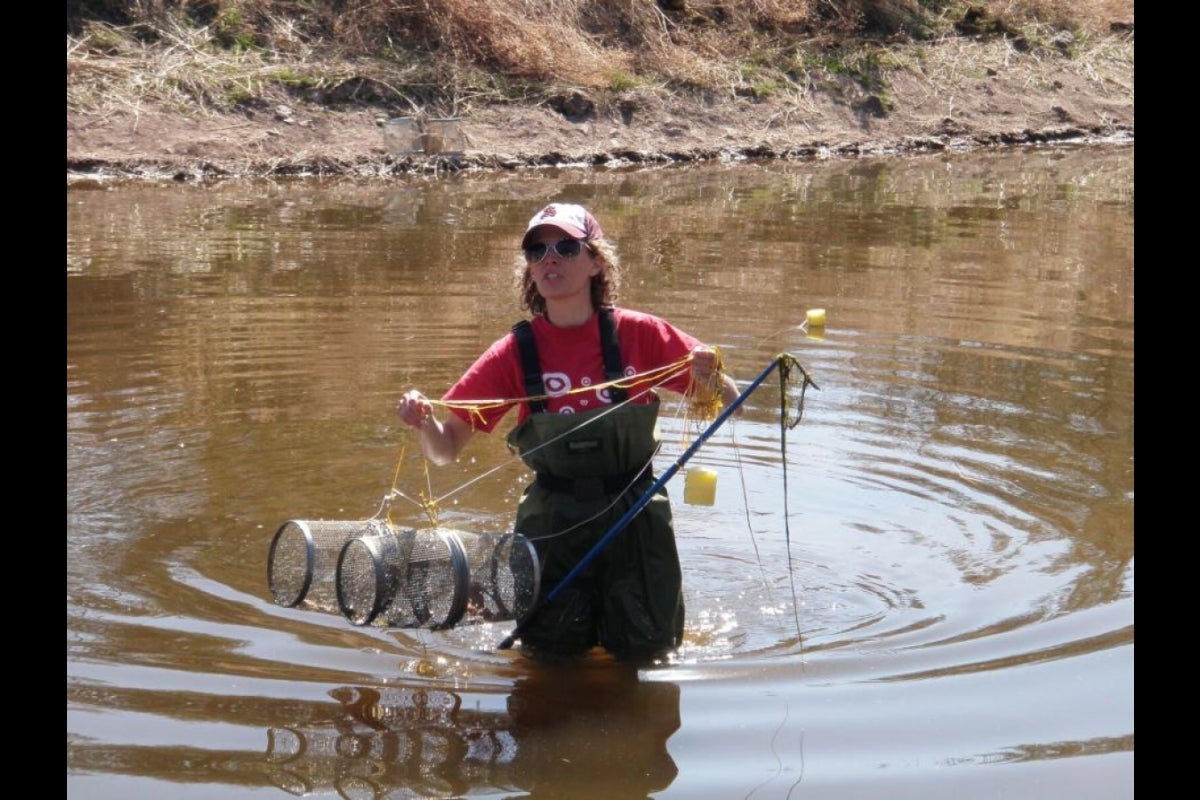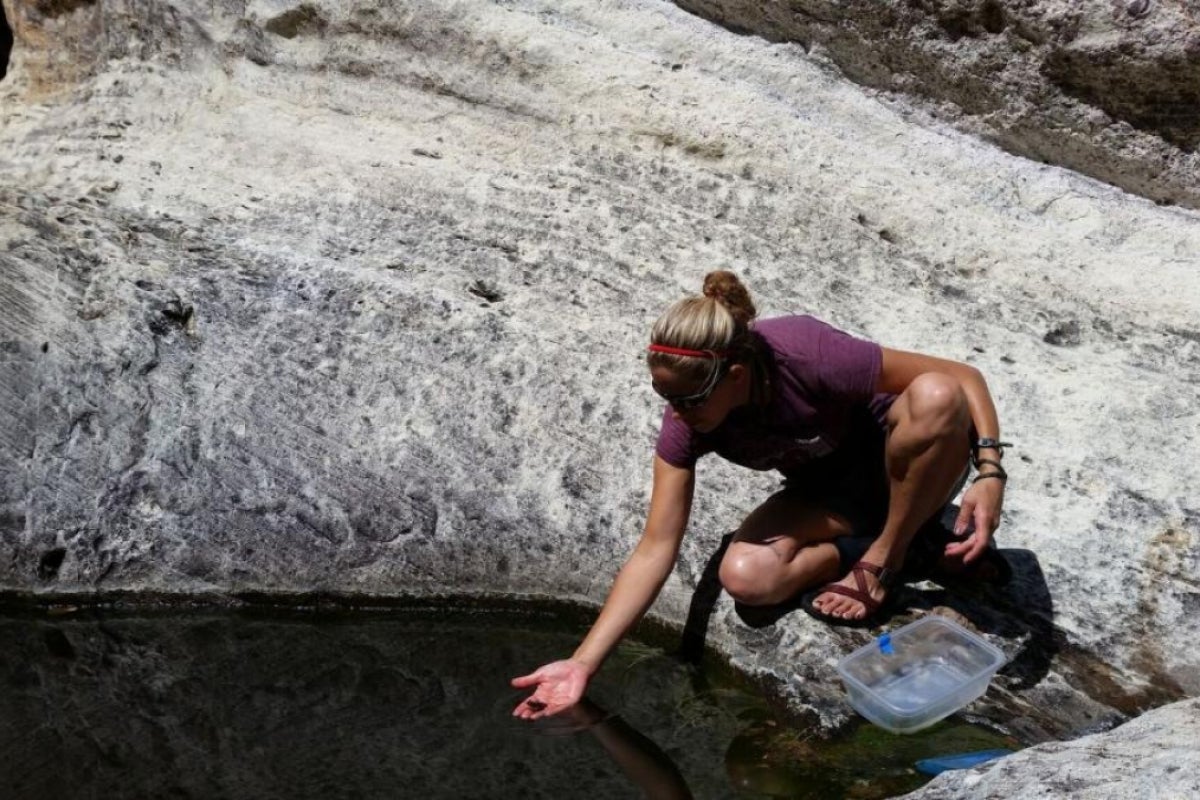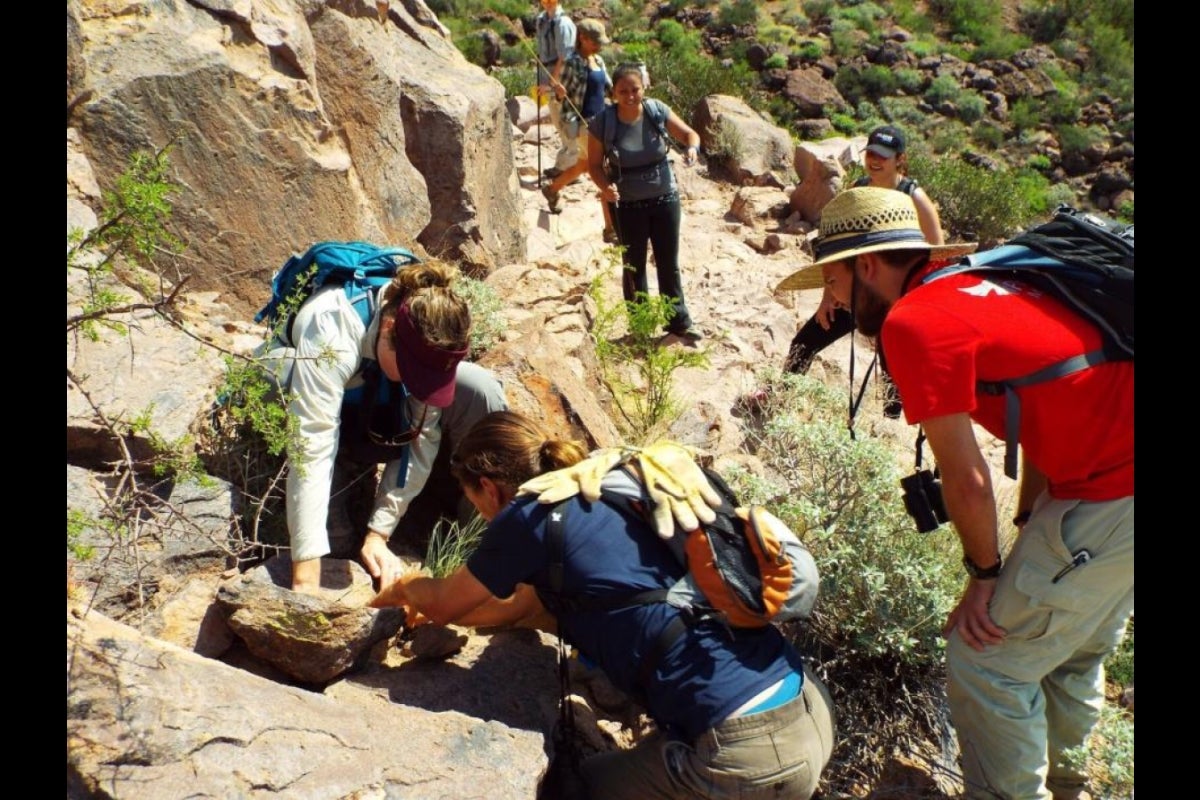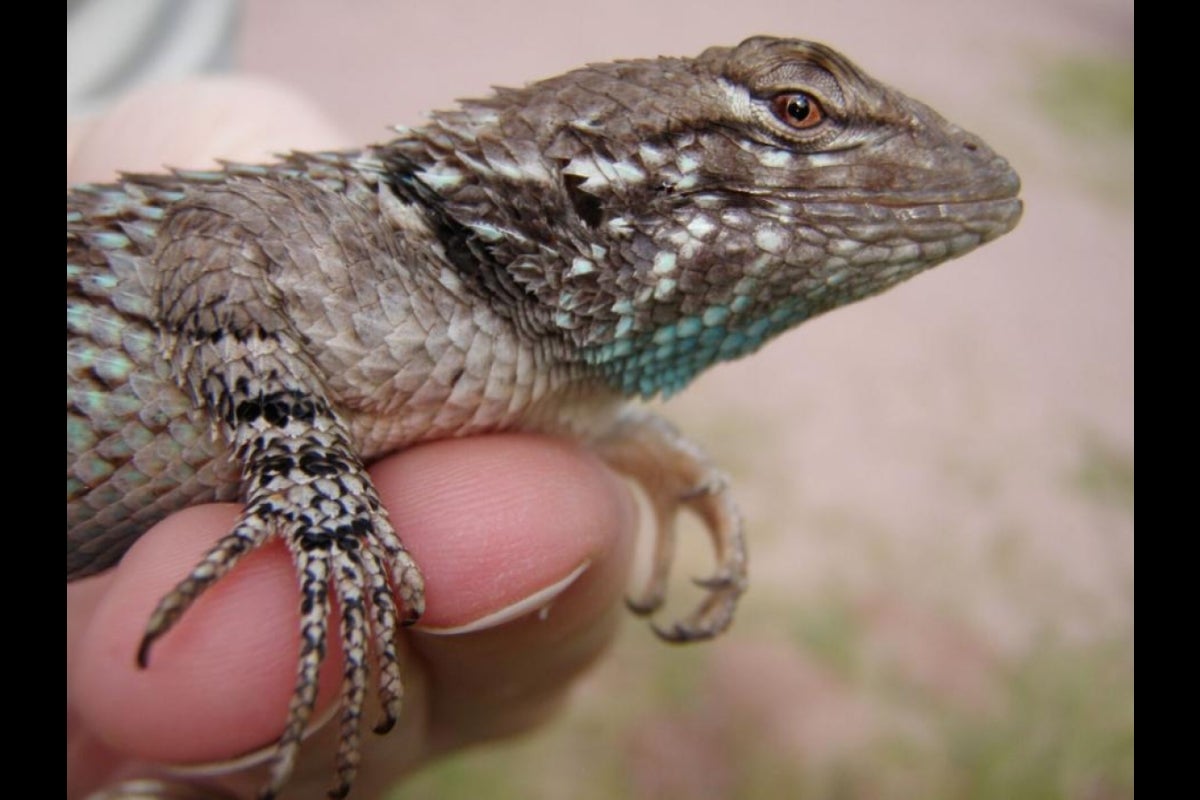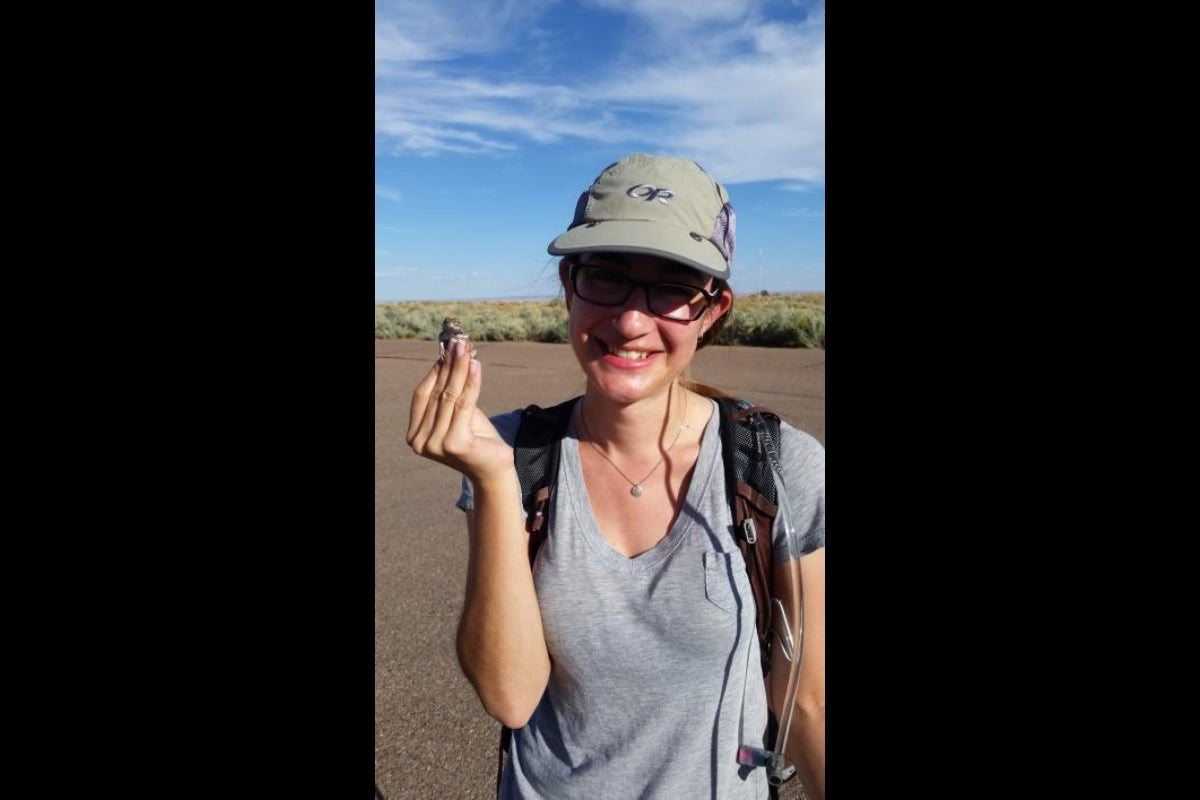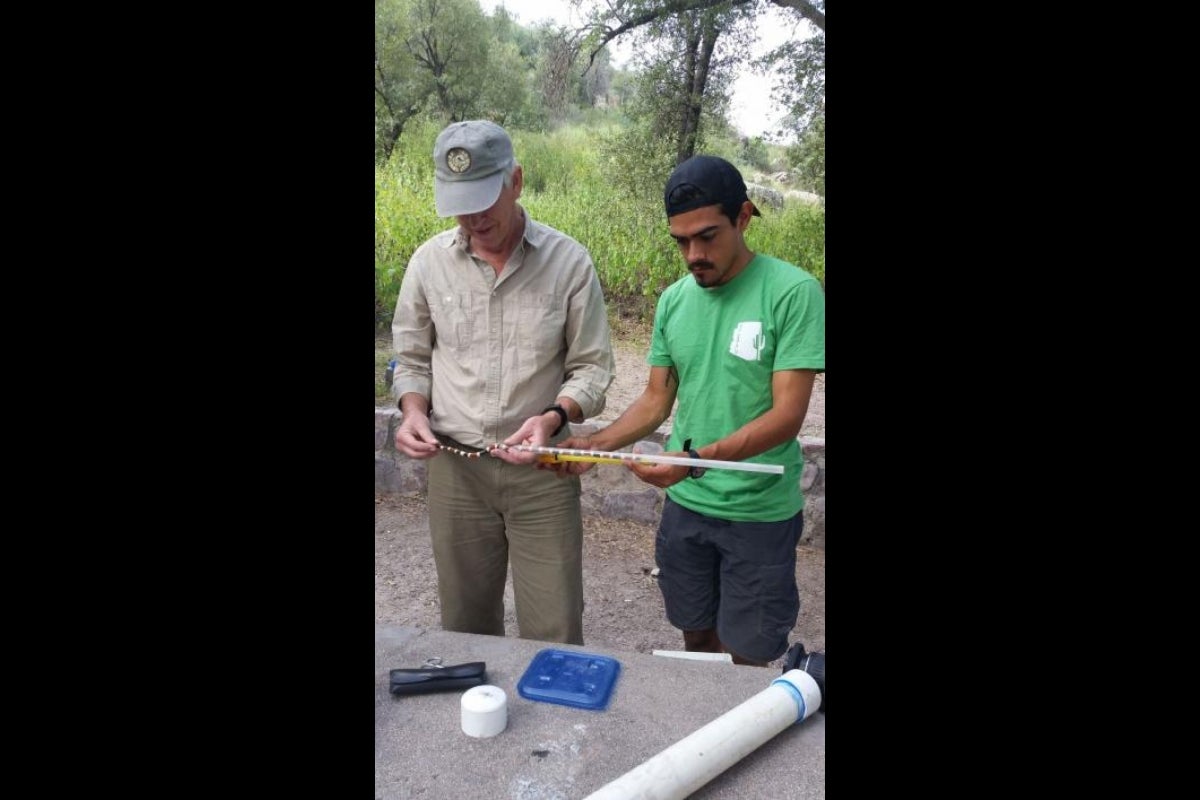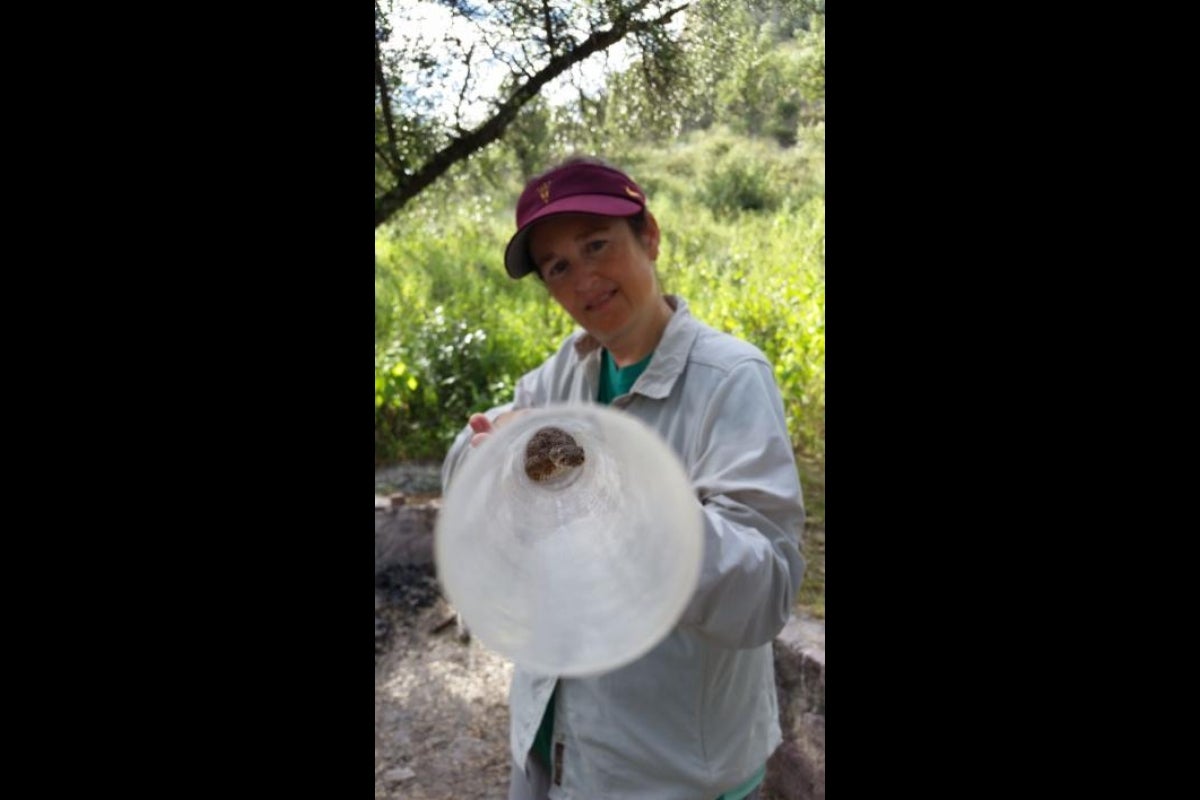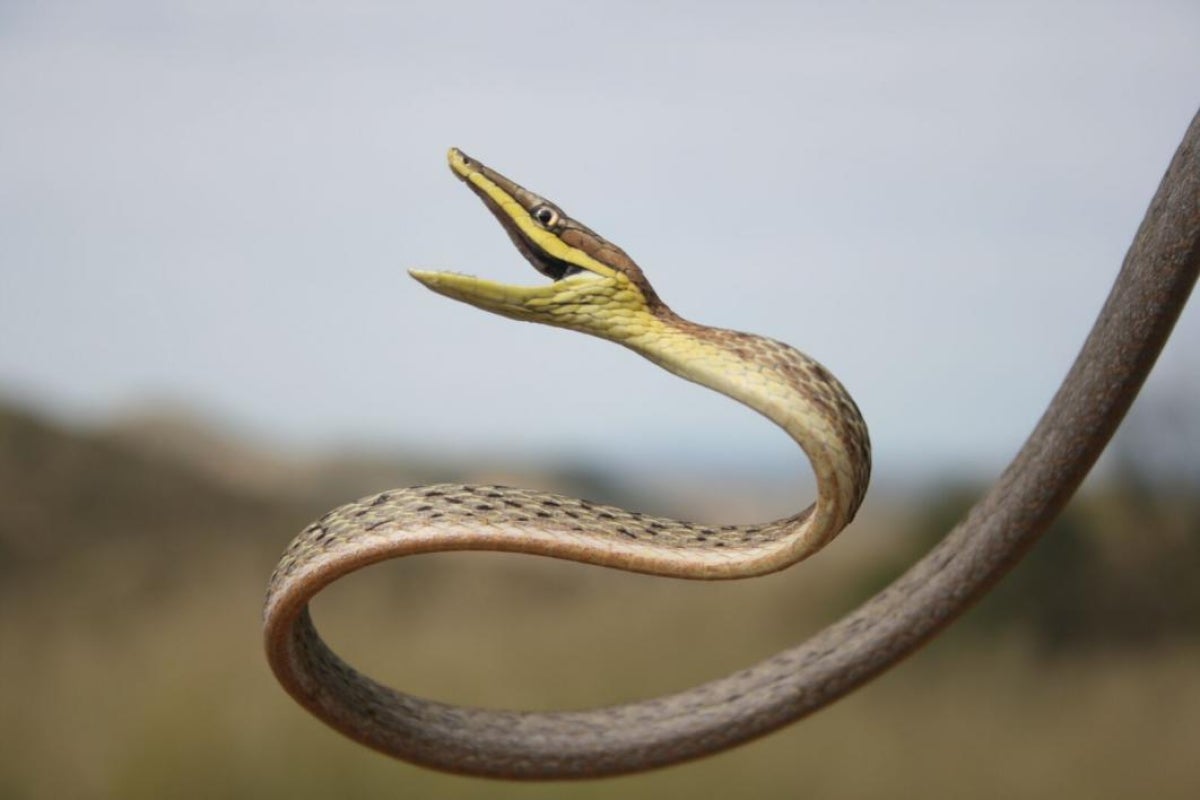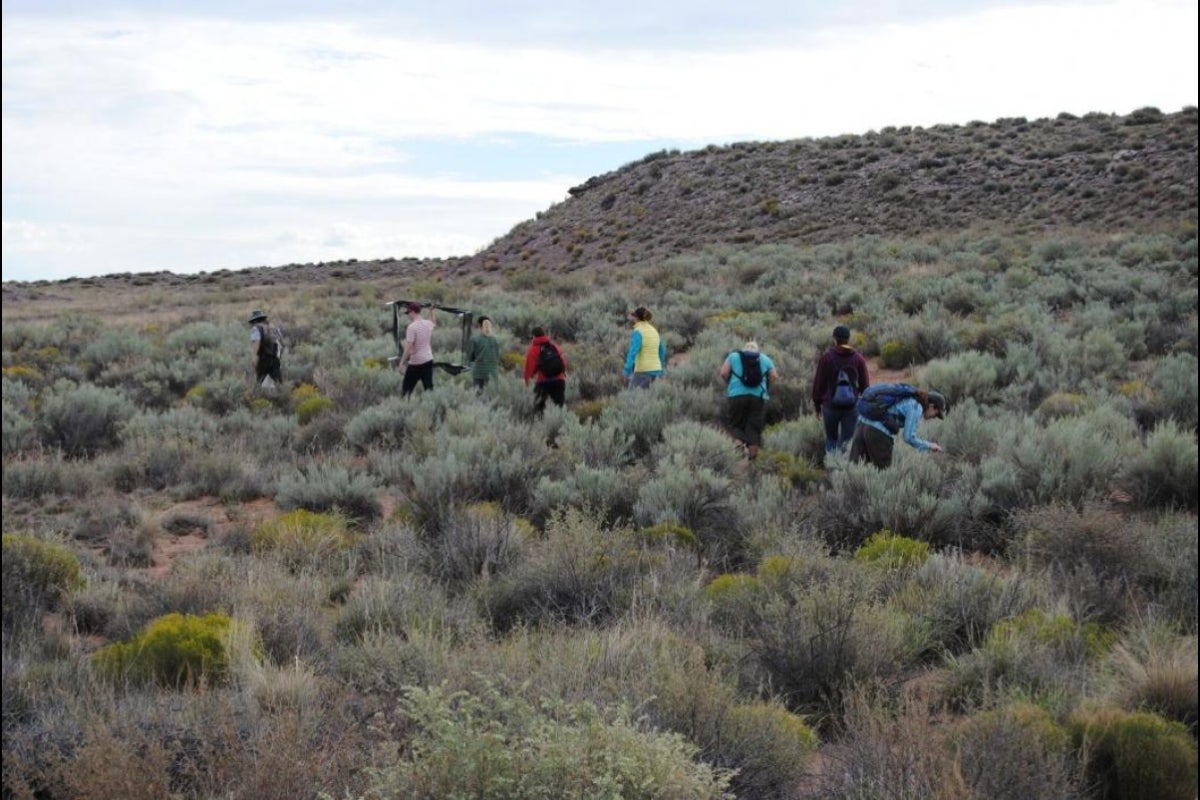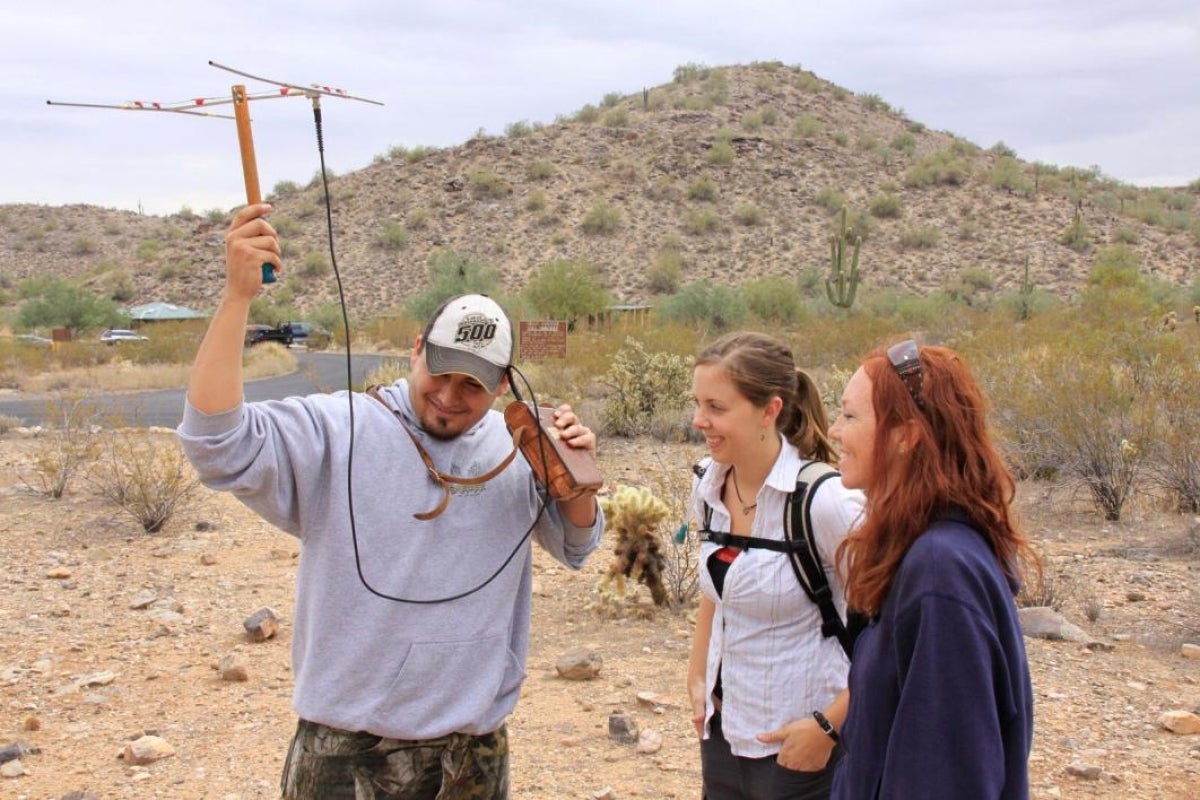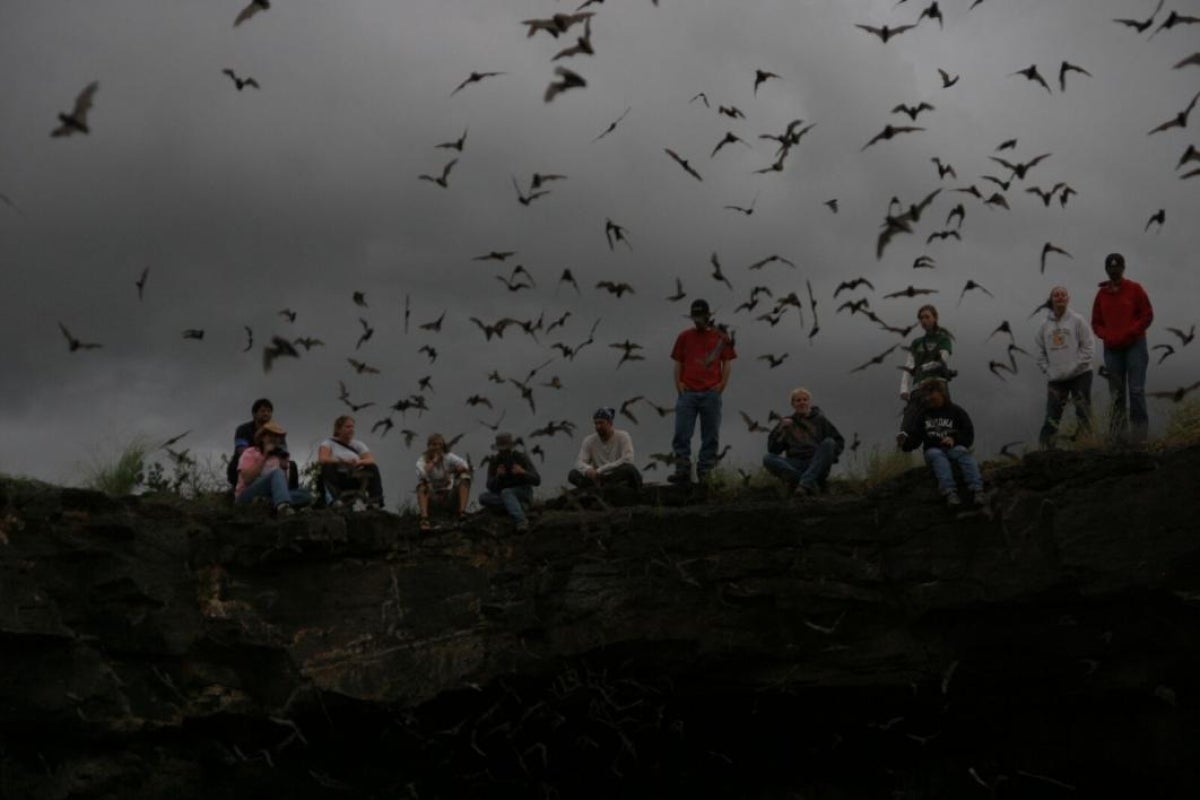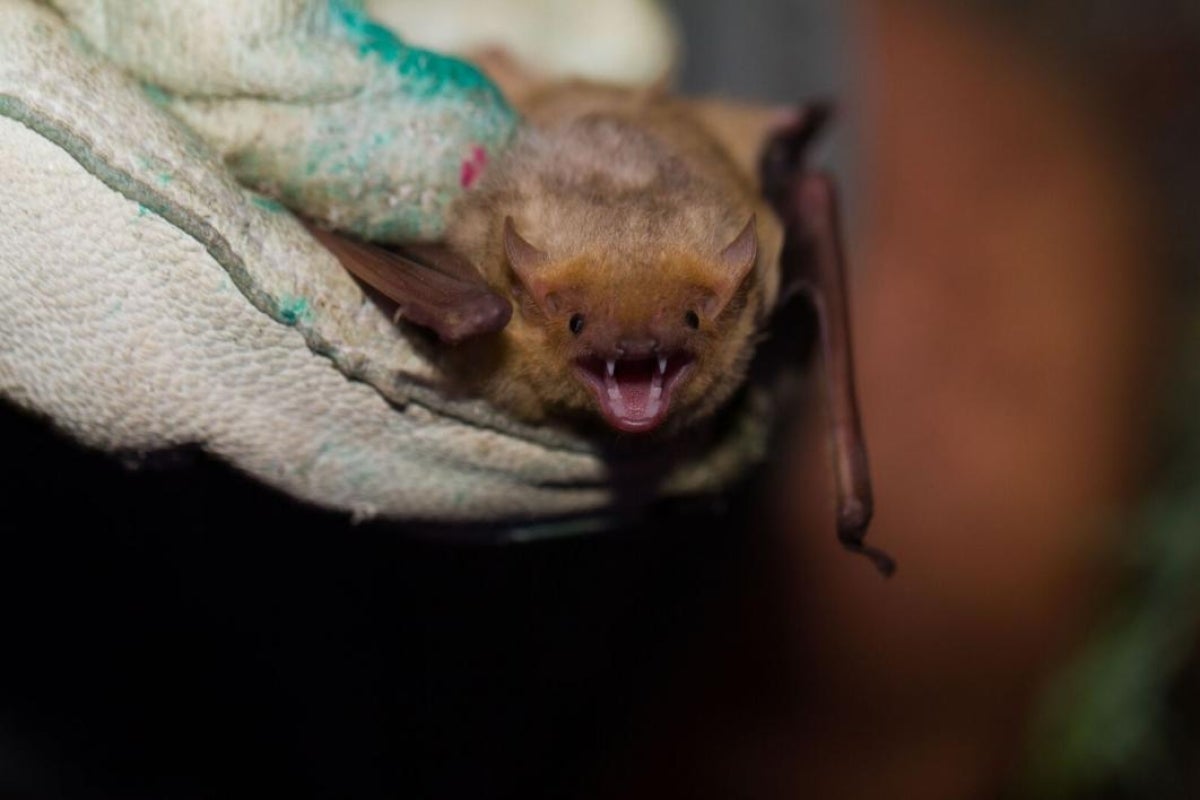Preserving Earth’s biodiversity is no small task — some estimates put the number of species on the planet in the hundreds of millions — but that hasn’t deterred ASU students from taking on the job.
And while a passion for the environment is essential, students looking for careers in the field also need the right credentials. To help meet that need, associate professor Heather Bateman worked with colleagues in ASU’s College of Integrative Sciences and Arts to develop the undergraduate Wildlife Management Certificate.
First offered in fall 2016, the certificate is for students interested in biology, conservation, sustainability and management of natural resources.
According to Bateman, the need was twofold: “Applied biological sciences students wanted some type of recognition when they graduated that would indicate to potential employers they had expertise in the discipline of wildlife management, and [myself and other biology professors] wanted to get the word out across ASU about opportunities to study wildlife and engage with wildlife professionals.”
Creating the certificate accomplished both.
The suite of courses that make up the curriculum for the certificate — which requires 23 credit hours — involve a heavy amount of fieldwork, with students taking two to three fieldtrips per course. On fieldtrips to such Arizona locales as the Kaibab Plateau and the Petrified Forest National Park, students get application-based, hands-on experience while engaging with wildlife professionals from such state and federal agencies as the Arizona Game and Fish Department and the U.S. Forest Service.
ASU grad student Andy Bridges (left) and associate professor Heather Bateman hold common chuckwalla lizards on a field trip to the Superstition Mountains. Photo courtesy Heather Bateman
On a recent trip to the Petrified Forest, Bateman and students from her applied herpetologyherpetology refers to the branch of zoology concerned with reptiles and amphibians course spent two days in the field with a wildlife biologist, checking traps, surveying the various reptiles and “road riding.”
“Road riding is where you drive slowly along paved roads on hot summer nights,” searching for “amphibians, reptiles and insects that are attracted to the residual heat in the pavement,” explained applied biological sciences senior Lindsey Boyd, who accompanied Bateman and other students on the Petrified Forest trip.
“We had 28 miles of park road all to ourselves, and were able to see some amazing critters,” she said.
The next morning, Boyd and the rest of the group went on a behind-the-scenes tour to areas of the park that are off-limits to the public. There, they caught lizards using noose poles, identified the lizards’ species, took measurements, determined the sex and marked each individual so that if a researcher were to catch the same lizard later, they’d have data to compare.
“The field trips are so important because you are getting hands on experience, and you have your professor and an expert in the field on hand to answer any questions you might have,” said Boyd. “Spending a day in the field with someone who is doing the job you hope to one day do is an incredibly valuable experience.”
Even more encouraging, some of those field experts were once in the same place as Boyd. A former student of Bateman’s, now an amphibians and reptiles biologist with Arizona Game and Fish, recently hosted a group of her students on a two-day fieldtrip to Sycamore Canyon in Santa Cruz.
“That’s something that’s really rewarding on a personal level,” Bateman said.
Others who teach courses for the certificate are either currently involved in their own research or have had extensive careers with state or federal agencies. ASU lecturers Stanley Cunningham and Eddie Alford are retired from Arizona Game and Fish and the U.S. Forest Service, respectively.
That kind of association can really help a student when it comes to finding a job.
“In fact, it already has,” Boyd said. “The experience I gained in the wildlife program and being able to use professors as references landed me internships with Arizona Game and Fish for the past two summers. I asked my supervisor … what made my resume stand out, and it was that I had used Stan Cunningham as a reference.”
Boyd, who calls herself “kind of a bird nerd,” says her dream job is to work for The Peregrine Fund, a Boise-based non-profit conducting research and species restoration work with birds of prey all around the world.
She’s hoping the knowledge and experience she gained while obtaining the Wildlife Management Certificate will help get her there, the same way it did with her summer internships: “For those of us who don't have the word ‘wildlife’ in our degree, [the certificate] acknowledges that we have maintained a focus during our college career and have dipped into” the related subjects needed for a career in wildlife management, including plant life, soil health, watersheds and water cycles, nutrient cycles, weather patterns, statistics and land ownership agreements.
Students interested in pursuing the Wildlife Management Certificate should call 480-965-4464 to set up an appointment with an academic advisor. There is no deadline to sign up, and students can take it at any point in their academic career.
More Science and technology

ASU researcher part of team discovering ways to fight drug-resistant bacteria
A new study published in the Science Advances journal featuring Arizona State University researchers has found vulnerabilities in certain strains of bacteria that are antibiotic resistant, just…

ASU student researchers get early, hands-on experience in engineering research
Using computer science to aid endangered species reintroduction, enhance software engineering education and improve semiconductor material performance are just some of the ways Arizona State…

ASU professor honored with prestigious award for being a cybersecurity trailblazer
At first, he thought it was a drill.On Sept. 11, 2001, Gail-Joon Ahn sat in a conference room in Fort Meade, Maryland. The cybersecurity researcher was part of a group that had been invited…

